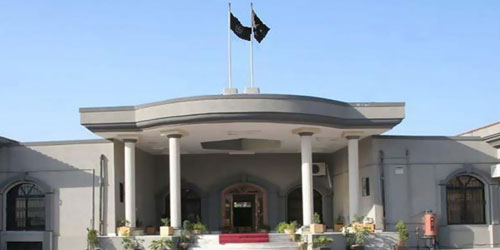CONTRARY to repeated assurances by the concerned governmental authorities including Prime Minister Shehbaz Sharif and Finance Minister Muhammad Aurangzeb, the reports so far indicate that the existing taxpayers, especially salaried class and pensioners, might have to bear the brunt of tax measures envisaged for the next financial year. Media reports suggest the International Monetary Fund (IMF) has asked Pakistan to impose additional taxes of around Rs.1.3 trillion in the budget for 2024-25. The Tax Diagnostic report that the Fund has shared with the government envisages recovering half of the additional taxes from salaried and business individuals. The lender is also pressuring the government to impose taxes on pensions as well.
No doubt, the situation would become clear when dialogue is held with the IMF and a final understanding is reached but given the track record of the authorities concerned there are genuine apprehensions of the axe ultimately falling on fixed income groups that are already overburdened. In view of ground realities, it has to be seen how the government negotiating team succeeds in convincing the global lender otherwise in the face of slippages in revenue collection targets and reluctance of the potential new taxpayers to become part of the taxpaying community. This is also evident from the poor response that the FBR got for two recent initiatives to expand the tax base. It is a matter of serious concern that out of hundreds of thousands of retailers, only about fifty have opted to register themselves under the ‘Tajir Dost Scheme’ of the Board and the Government seems to be helpless before this pressure group that has been evading all efforts to become filer during the last seven decades. Similarly, Pakistan Telecommunication Authority (PTA) and cellular companies have flatly refused to oblige the FBR, which issued an order requiring closure of SIMs of about 0.5 million people, who failed to return their income tax return despite being liable to be filer under the relevant laws. The failure of these two plans and inability of the Punjab Government to implement its reduced prices for bread in the face of stiff but unreasonable opposition by tandoors reflect poorly on the ability of the government to establish its writ and, therefore, potential taxpayers might continue to go scot-free and the burden might fall on existing taxpayers. However, the government may consider the catastrophic impact of the traditional approach of adding to the burden of the salaried and other vulnerable classes as companies have started shifting their offices abroad and these classes are forced to compromise on their standard of living.







